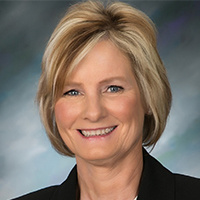Clifford Estate Lawyer, North Dakota
Pamela Faye Coleman
✓ VERIFIEDDivorce & Family Law, Child Custody, Prenuptial Agreements, Domestic Violence & Neglect, Wills & Probate
The founder and owner of Coleman Family Law is Pamela Coleman. Ms. Coleman graduated in 2002 with a Bachelor's Degree in Business Administration and ... (more)
Stacey Tjon Bossart
✓ VERIFIEDAccident & Injury, Criminal, Estate, Real Estate
Stacey has been a member of the firm since July 1, 2012. She had been a partner of another Fargo law firm for 15 years prior to joining Haugen Moeckel... (more)
S. Lee Vinje
Estate Planning, Family Law, Wills & Probate, Real Estate
Status: Deceased Licensed: 56 Years
John A. Juelson
Agriculture, Municipal, Wills & Probate, Estate Planning
Status: In Good Standing Licensed: 48 Years
FREE CONSULTATION
CONTACTKenneth B. Bulie
Real Estate, Estate, Divorce, Bankruptcy, Foreclosure
Status: In Good Standing Licensed: 22 Years
Alice Senechal
Professional Malpractice, Wills, Personal Injury, Workers' Compensation
Status: In Good Standing
Daniel R Twichell
Wills & Probate, Real Estate, Banking & Finance
Status: Deceased Licensed: 72 Years
Robert E. Rosenvold
Real Estate, Wills & Probate, Trusts, Estate Planning
Status: In Good Standing Licensed: 52 Years



